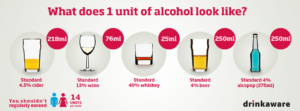Drugs & Alcohol
Drugs & Alcohol - Has your substance use gone from being fun to being a problem? Are substances making the rest of life hard – are your relationships suffering? Is all of your money being spent on substances? Or are you worried for parent, carer, family member. Help is available.
What is a unit of alcohol?
One unit is 10ml or 8 grams of pure alcohol. Units are used to determined how strong your drink is as they come in difference strengths and sizes.
It takes an average adult around an hour to process one unit of alcohol so that there is none left in their bloodstream. However this varies from person to person.
Alcohol by Volume
Alcohol content is also expressed as a percentage of the whole drink. On the bottle you will see either a percentage followed by the abbreviation ‘ABV’ (alcohol by volume) or sometimes just the word ‘vol’.
If you would like to know how many units are in your drinks click here and work it out on drinkaware Unit and Calorie Calculator.
Recommended Resources
Is alcohol effecting my health?
There are short and long term effects if you regularly consume alcohol. If you reduce your drinking, the short term symptoms of consuming too much alcohol can improve. However some effects of drinking to excess are not reversible and can cause permanent damage to your long-term health.
Short Term Effects
- Alcohol-induced anxiety
- Diarrhoea
- Disturbed sleep
- Increasing feelings of stress
- Impaired judgement which can lead to accidents and injuries
- Memory loss or black-outs
- Shaking
- Sickness or vomiting
- Skin conditions
- Stomach problems
- Sweating
- Weight gain
Long Term Effects
- Brain damage
- Cancers
- Dementia
- Foetal alcohol syndrome (FAS)
- Heart disease
- Liver disease
- Mental health problems such as depression and anxiety
- Pancreatitis
- Reproduction problems
- Raised blood pressure
- Osteoporosis (thinning of the bones)
- Stomach ulcers
- Stroke
Recommended Resources
What should I do if I think I have an alcohol problem?
If you think you may have a problem when it comes to alcohol click here and complete the online self-assessment or alternatively at YES we can signpost you for the right support. There are many places to go to for help including:
- Visit your GP
- Drugs and Alcohol Service
- Silkworth Lodge
- Alcoholics Annonymous
- Narcotics Annonymous
If you would like some more information on alcohol issues check out the links below.
Recommended Resources
What are drugs?
The term ‘drugs’ covers a wide range of substances that can affect the physical or mental state of a person.
Types of Drugs:
- Prescribed medicines
- Over-the-counter medicines
- Analgesics
- Hallucinogens
- Stimulants
- Depressants
- Household and industrial products – such as solvents, aerosols and volatile substances which are not drugs but can be, and are, abused to get a drug-like ‘high’.
Types of drug use:
- Experimental drug use – a person’s first contact with drugs is most likely experimental and likely to take place within groups of friends.
- Recreational drug use – this describes those who use drugs mainly in social context (such as a night club, music event, party, etc.)
- Dependent drug use – those who use drugs can become dependent on drugs to get through life. This can be called an ‘addiction’ to drugs. People tend to be dependent on heavy sedative drugs like alcohol, heroin and tranquillisers, although dependency on other drug types is possible.
To find out more on drugs and how to get support or advice please look through the following links.
Recommended Resources
Ecstasy/MDMA - Know the risks!
MDMA is a high risk and very dangerous drug to take, even your first time taking the drug can be life threatening. The risks are not worth the benefits, but find some more information below to help you realise this!
Ecstasy/MDMA is a stimulant drug with euphoric and mildly hallucinogenic qualities. It became popular in the UK during the acid house and rave scenes of the late 1980s and early 1990s and has been a popular drug in dance clubs in the UK and elsewhere since then. It was first sold in tablet form with MDMA being the active ingredient but more recently people have buying MDMA crystal or powder due to its perceived higher purity than pills.
Legal status:
Class A drug. Maximum sentence for possession is 7 years and an unlimited fine. Maximum sentence for supply is life and an unlimited fine.
Effects:
Effects can be felt about 30-60 minutes after taking your first dose and include:
- Increased energy
- Euphoria
- Increased empathy
- Increased body temperature
- Dehydration
- Lack of coordination
Risks:
- Dehydration
- Heatstroke
- Heart attack/Stroke
- Feelings of depression, anxiety and lethargy for a few days after
Harm reduction advice:
- Watch your dose. Start with a low dose and give the drug time to take effect before attempting to redose
- If dancing then drink around a pint of water per hour to avoid dehydration but be careful to not drink too much.
- Take a break and chill out regularly to reduce the risk of heatstroke
- If somebody is overheating, take them to a cool place, remove clothing and use water to cool them down
- If somebody collapses or becomes unresponsive then put them in the recovery position and call for immediate medical assistance
Recommended Resources
What to do in a Drug Related Emergency?
Everyone reacts differently to drugs and depending on what you take, how much you take, what state you are in physically and mentally and what drugs you might be mixing; the reactions can vary.
There may come a time where you are worried about a friend and how they are reacting towards various drugs. This leaflet can be a guide to how to respond in these times. When in doubt, call an ambulance.
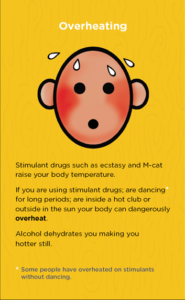
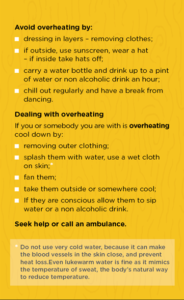
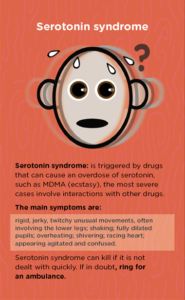
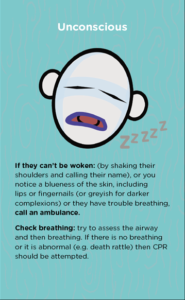
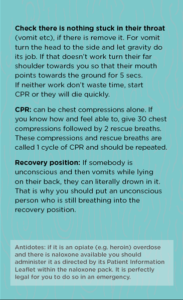
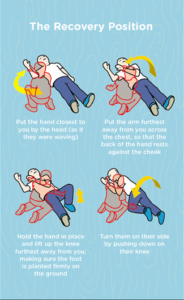
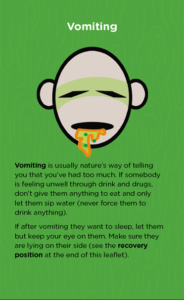
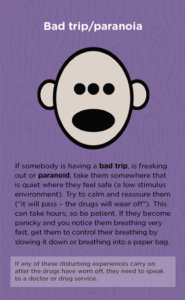
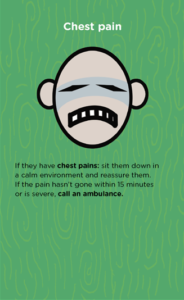

Recommended Resources
Prefer to ask us a question in person?
Get in Touch
Find Us
Youth Enquiry Service, The Link, Eagle House, La Colomberie, St Helier JE2 4QBCall Us
01534 280530Text Us
07797 778424Email Us
yes@jys.je
